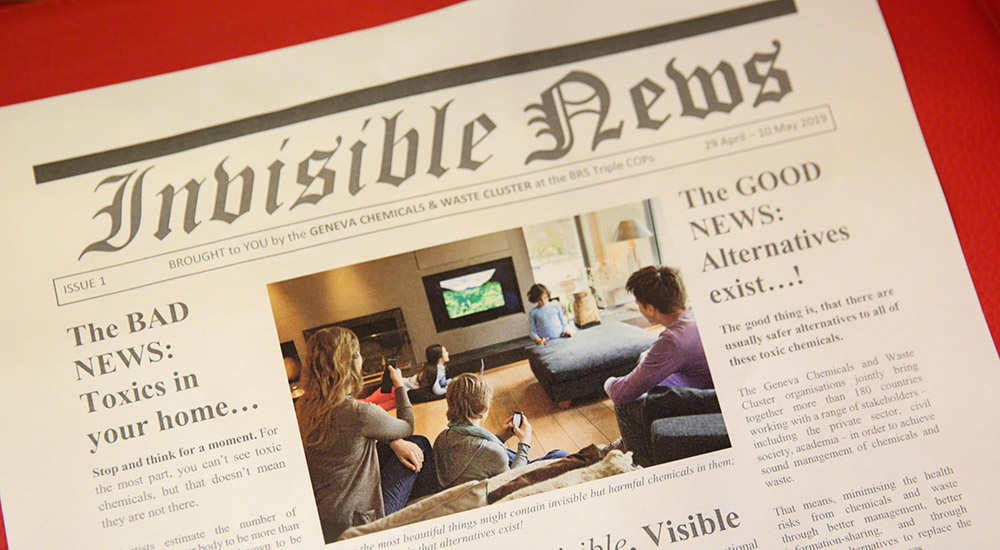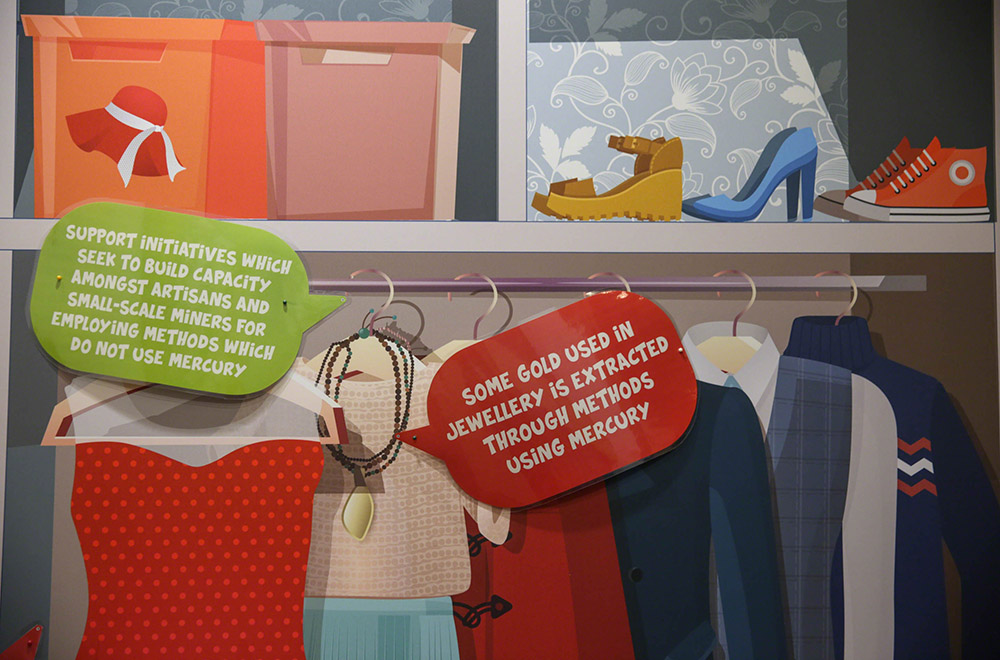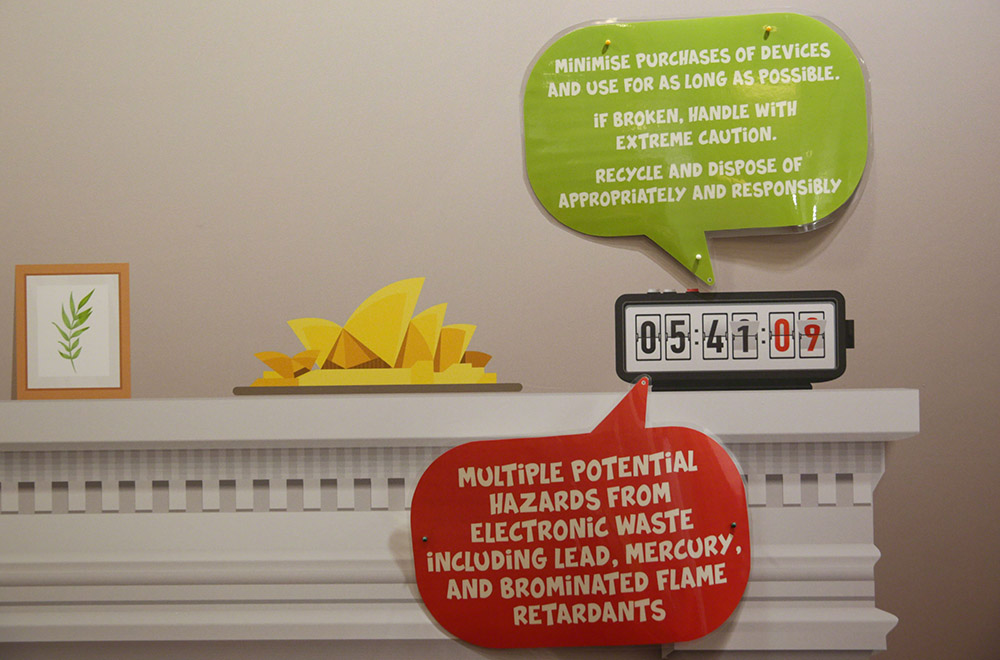Summary
Highlights for Thursday, 2 May 2019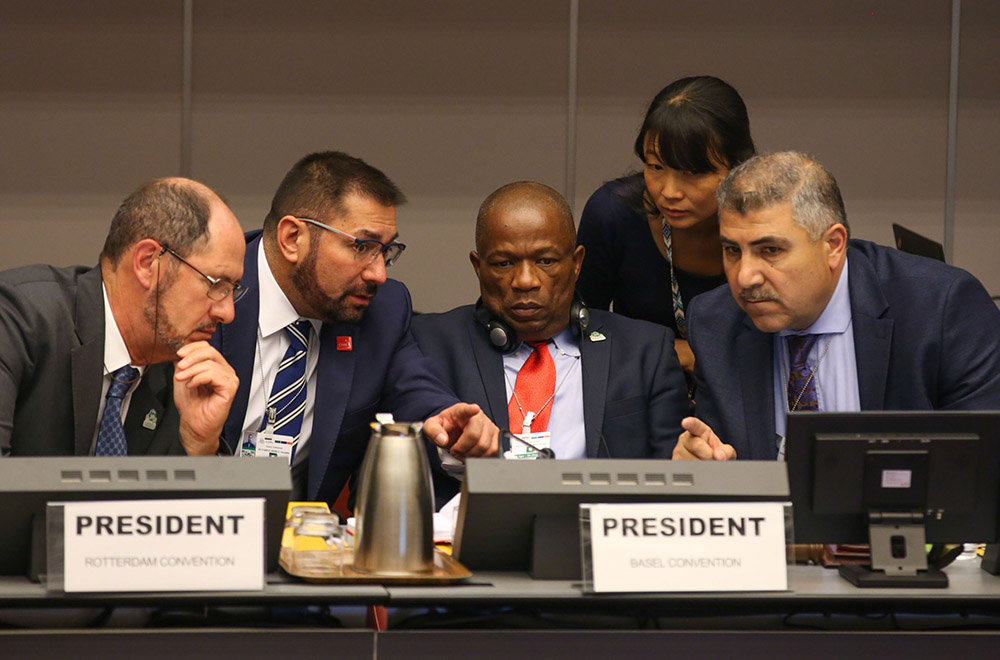
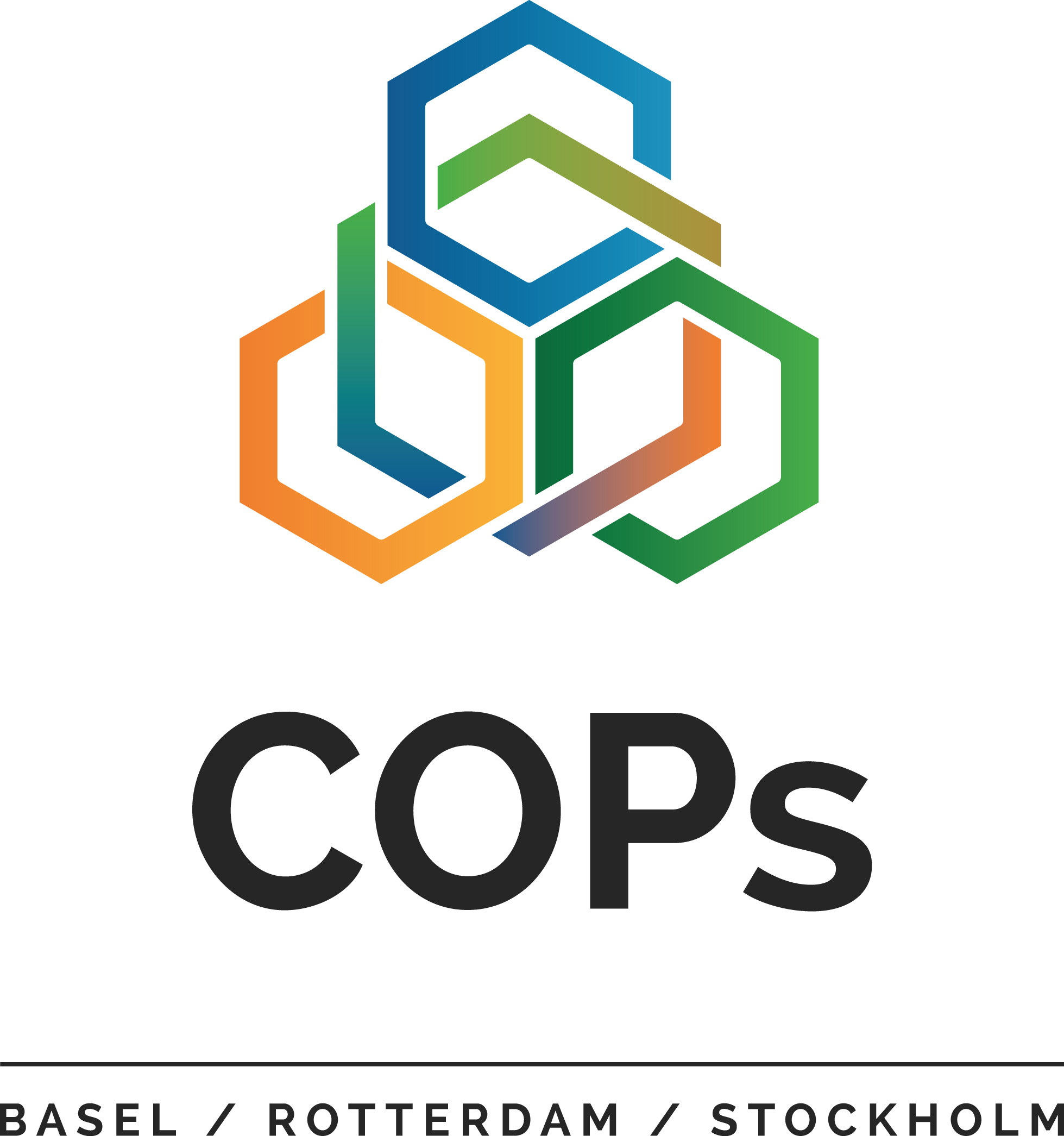 On Thursday, delegates worked on a range of issues related to the Stockholm Convention on Persistent Organic Pollutants (POPs), including releases of POPs from unintentional production, implementation plans, and a proposal by the Russian Federation to amend the Convention. During discussion of the proposed amendment, many delegates underscored the thoroughness of the POPs Review Committee’s (POPRC) evaluation process, and others highlighted the importance of the precautionary principle in achieving the Convention’s objective to protect human health and the environment from adverse effects caused by exposure to POPs.In the afternoon, delegates adopted three decisions. One, on measures to reduce or eliminate releases of POPs from wastes, encourages parties to the Stockholm Convention to accelerate their efforts to ensure the sound management of POP stockpiles and wastes.Another, on specific exemptions, acceptable purposes and other exemptions for continued production and use of listed POPs, confirms that no new registrations may be made for:
On Thursday, delegates worked on a range of issues related to the Stockholm Convention on Persistent Organic Pollutants (POPs), including releases of POPs from unintentional production, implementation plans, and a proposal by the Russian Federation to amend the Convention. During discussion of the proposed amendment, many delegates underscored the thoroughness of the POPs Review Committee’s (POPRC) evaluation process, and others highlighted the importance of the precautionary principle in achieving the Convention’s objective to protect human health and the environment from adverse effects caused by exposure to POPs.In the afternoon, delegates adopted three decisions. One, on measures to reduce or eliminate releases of POPs from wastes, encourages parties to the Stockholm Convention to accelerate their efforts to ensure the sound management of POP stockpiles and wastes.Another, on specific exemptions, acceptable purposes and other exemptions for continued production and use of listed POPs, confirms that no new registrations may be made for:
Delegates also adopted a decision which specifies continuation of work to implement the global monitoring plan for evaluating the effectiveness of the Convention. In related discussions, delegates drew connections between POPs and marine plastics, adding the Convention’s voice to several others calling for urgent action on plastic pollution in the marine environment.Contact groups met throughout the day to work on issues including listing of chemicals under the Stockholm Convention, technical assistance and financial resources, issues of joint concern to at least two of the three Conventions, and programme of work and budget.For more details on the day's events and to hear what delegates said in the corridors, see our Earth Negotiations Bulletin.
IISD Reporting Services, through its Earth Negotiations Bulletin (ENB) Meeting Coverage, provided daily web coverage, daily reports, and a summary and analysis report from the 2019 Meetings of the Conferences of the Parties to the Basel, Rotterdam and Stockholm Conventions. The summary and analysis report is available in HTML and PDF.
Photos by IISD/ENB | Kiara Worth
For photo reprint permissions, please follow instructions at our Attribution Regulations for Meeting Photo Usage Page.
Plenary Sessions
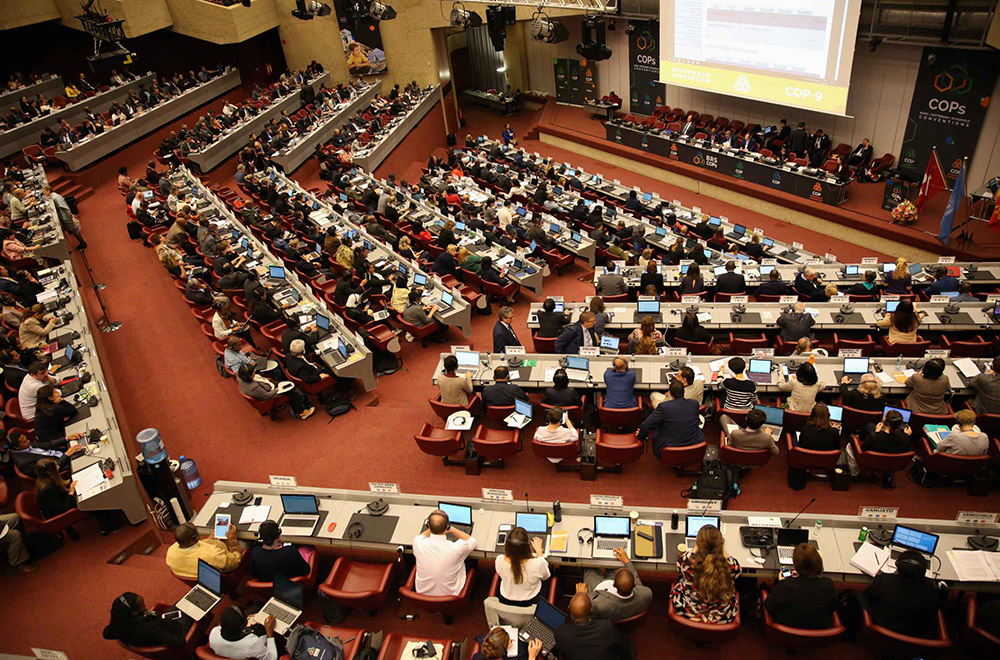
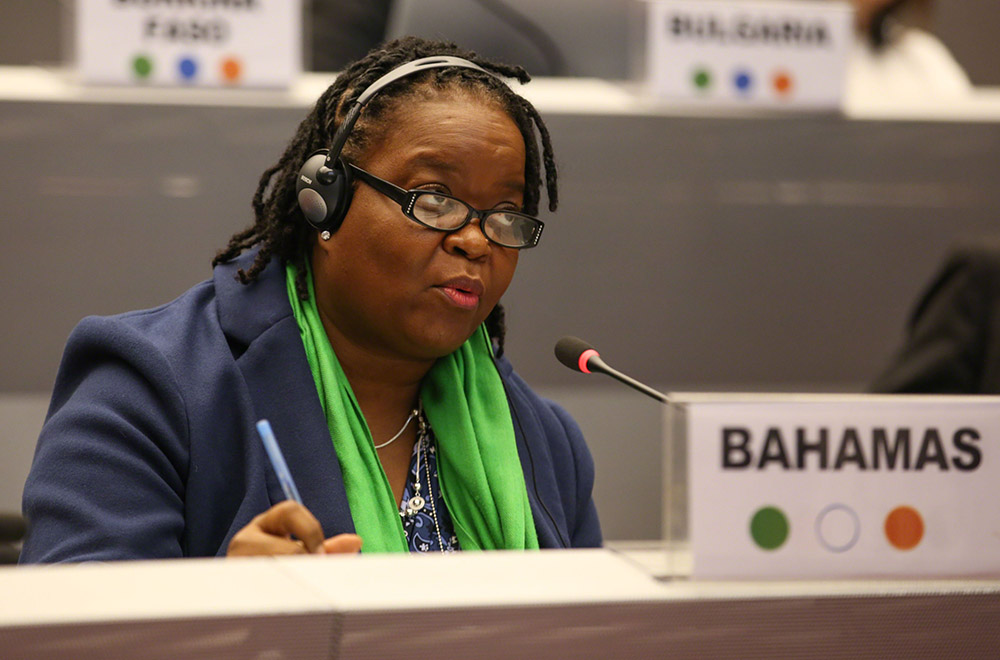
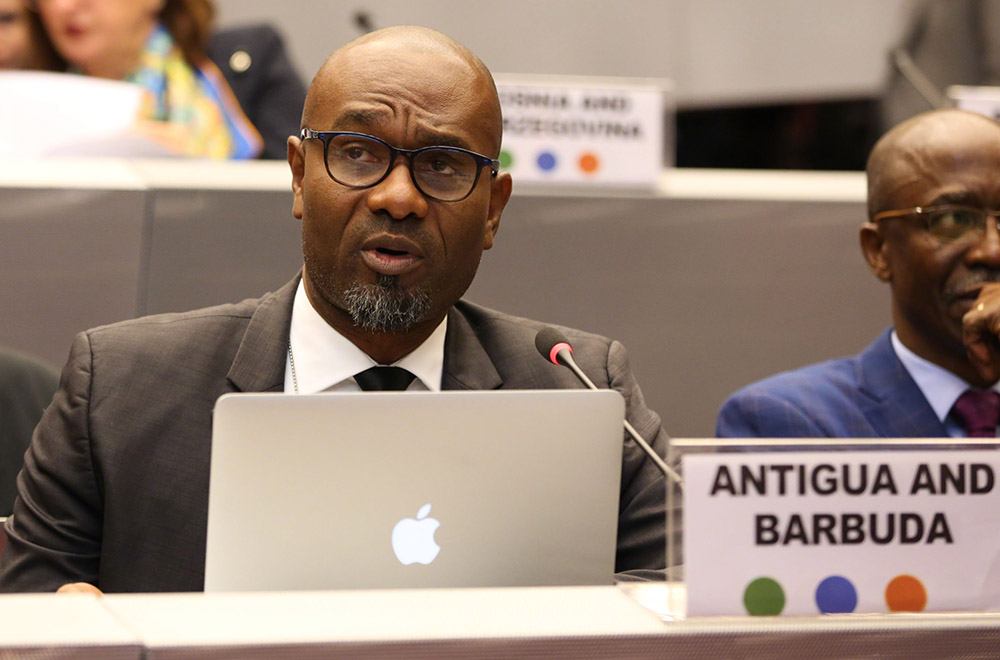
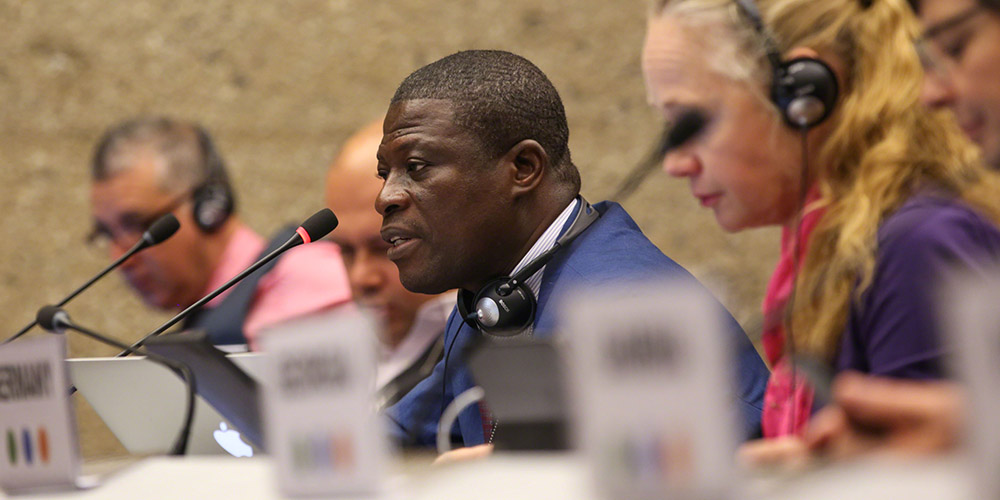
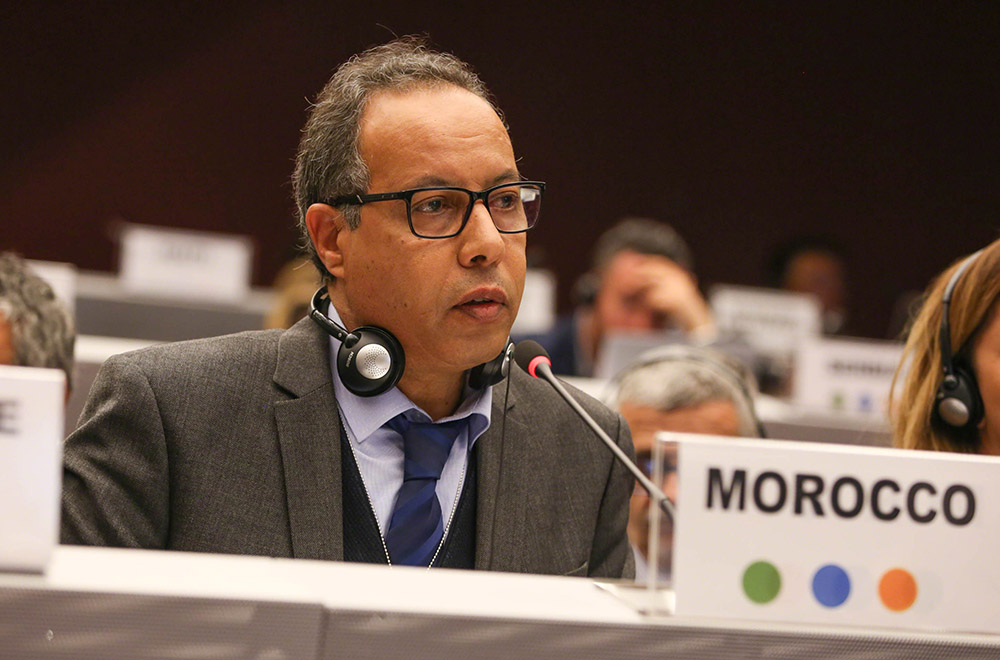
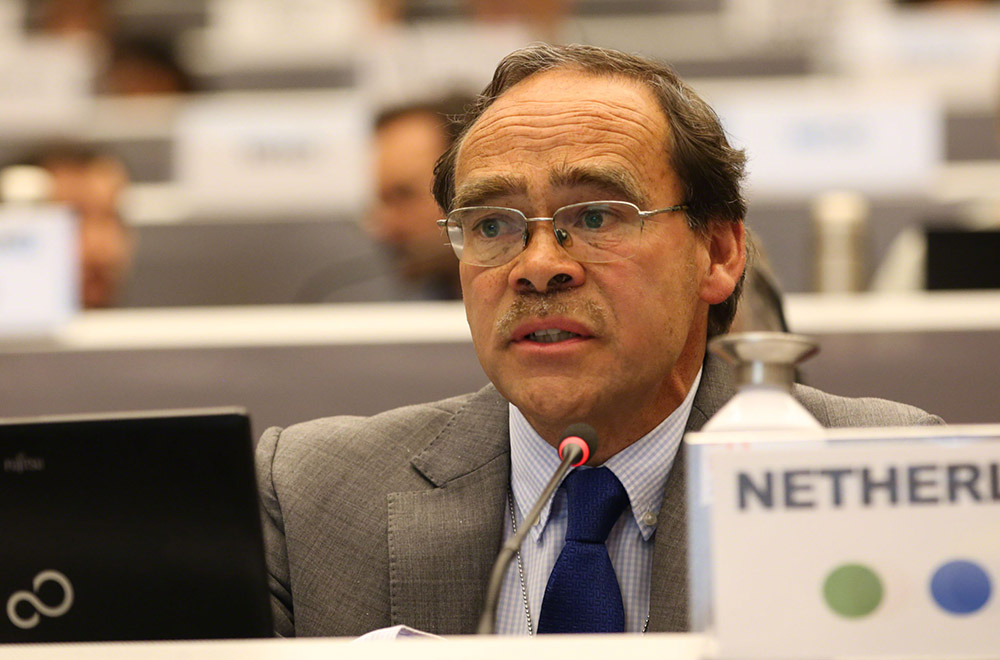
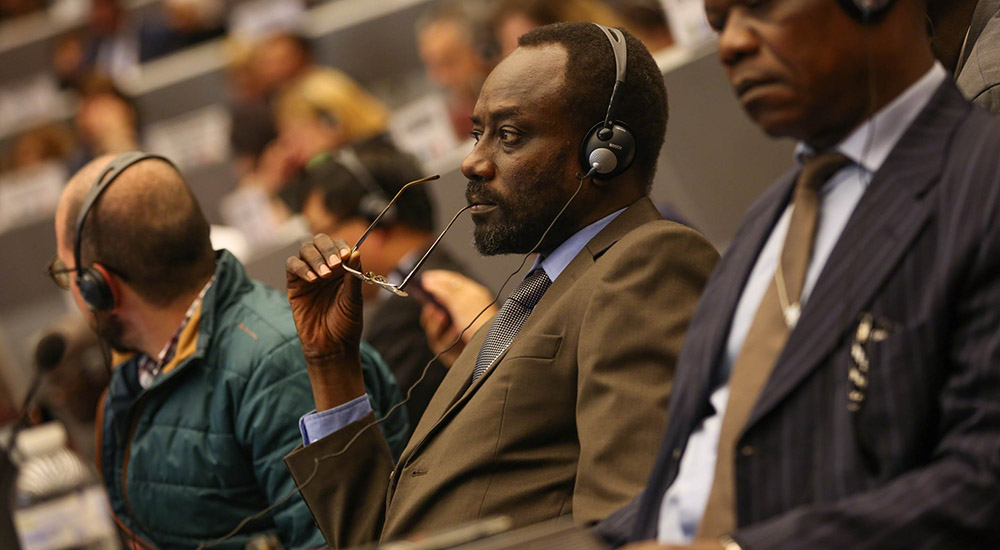
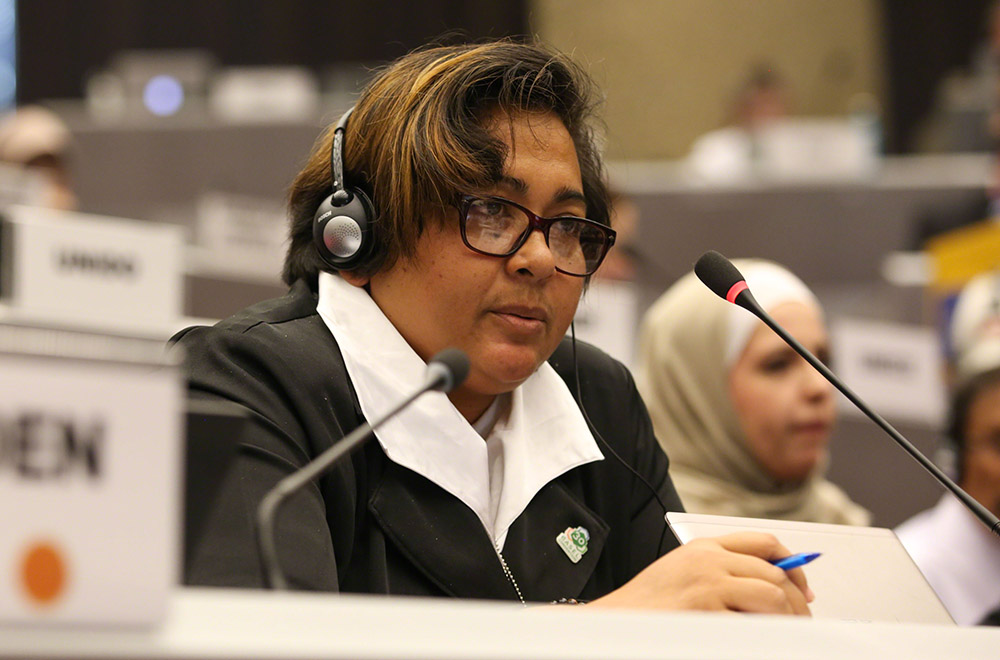
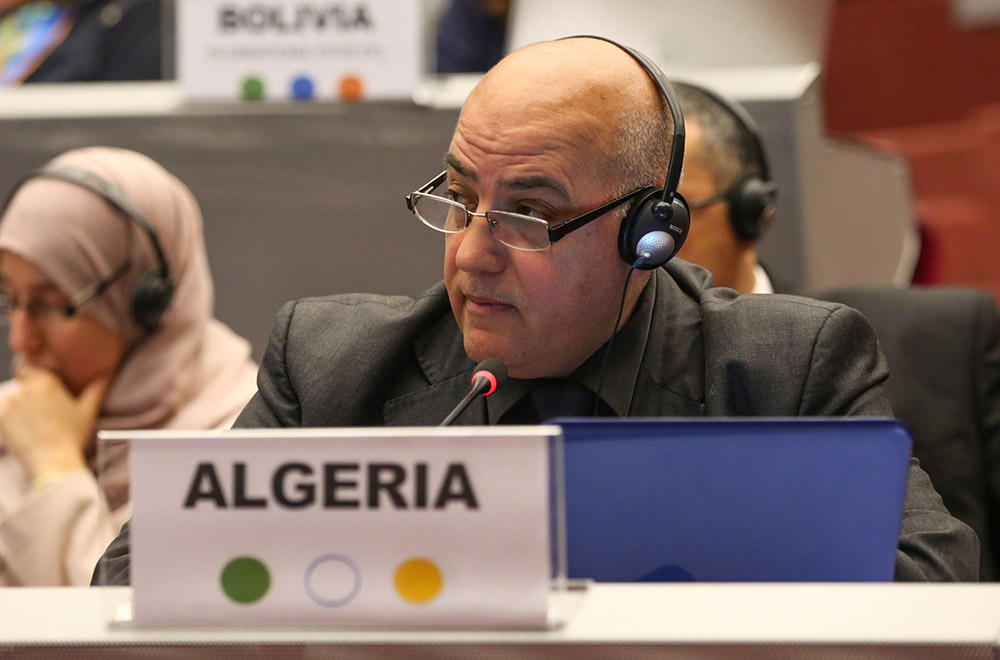
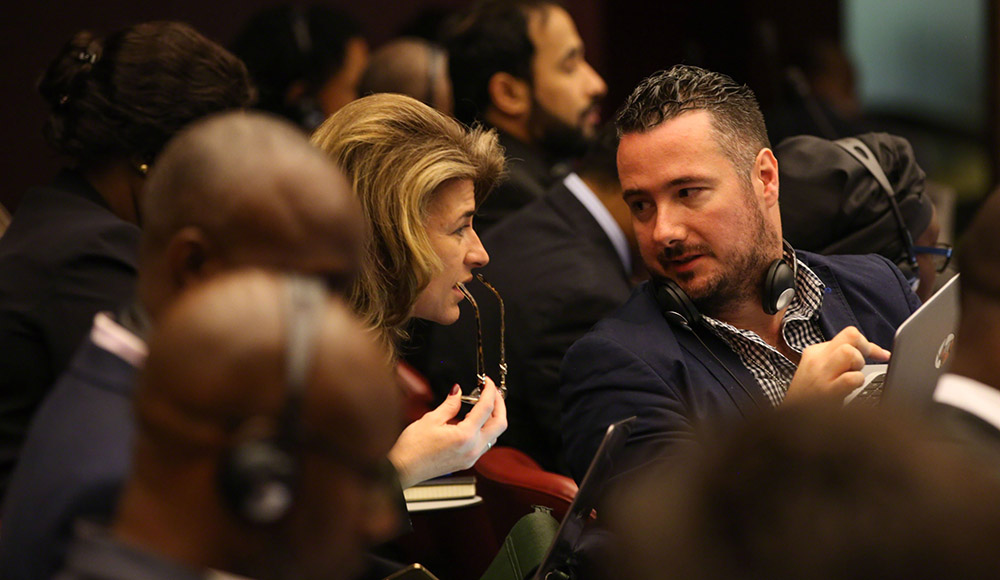
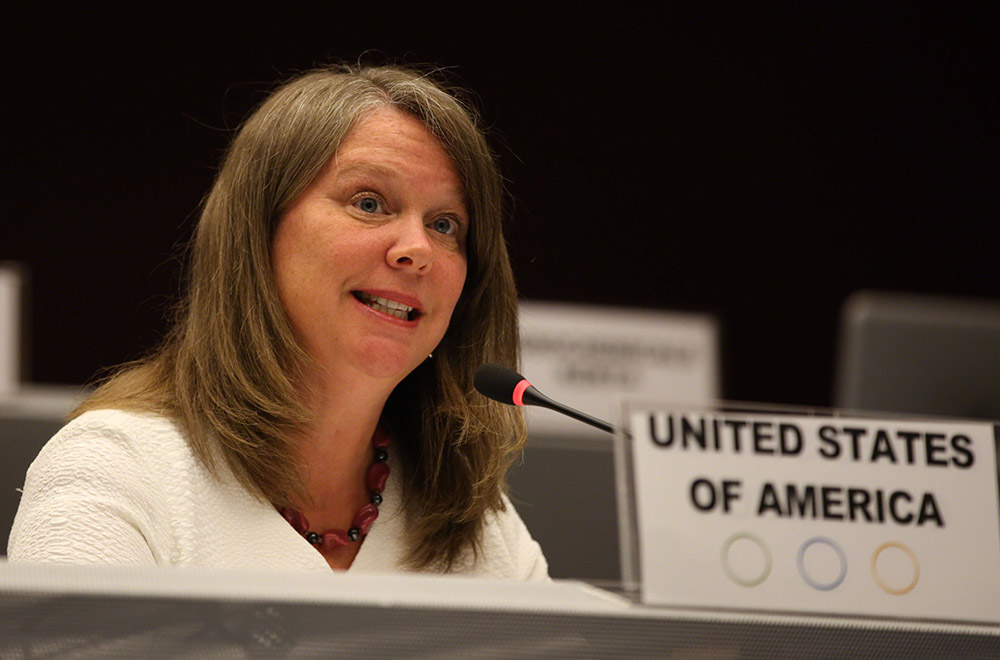
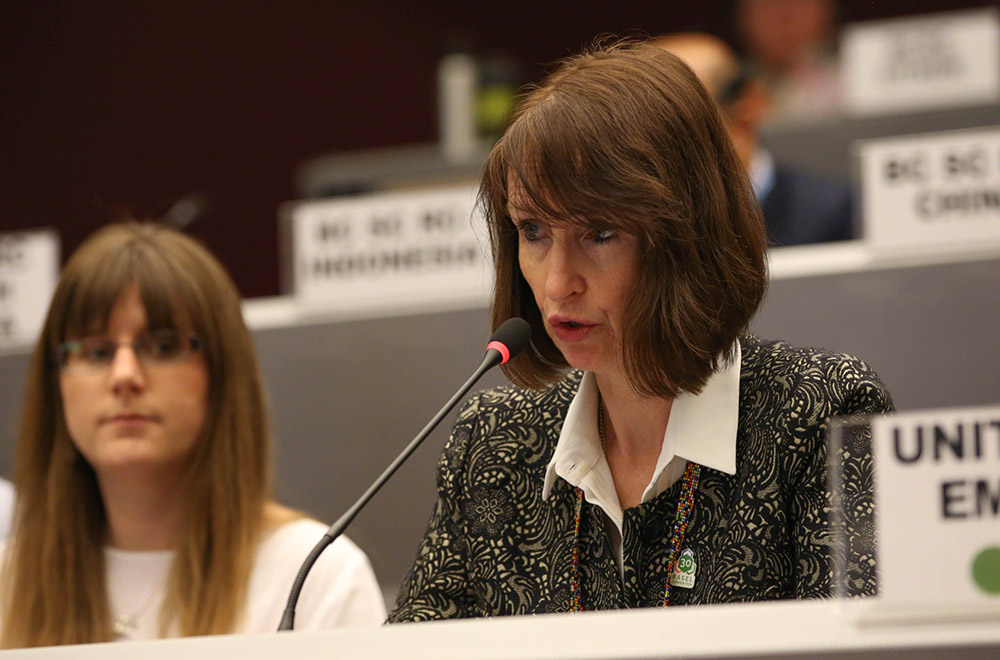
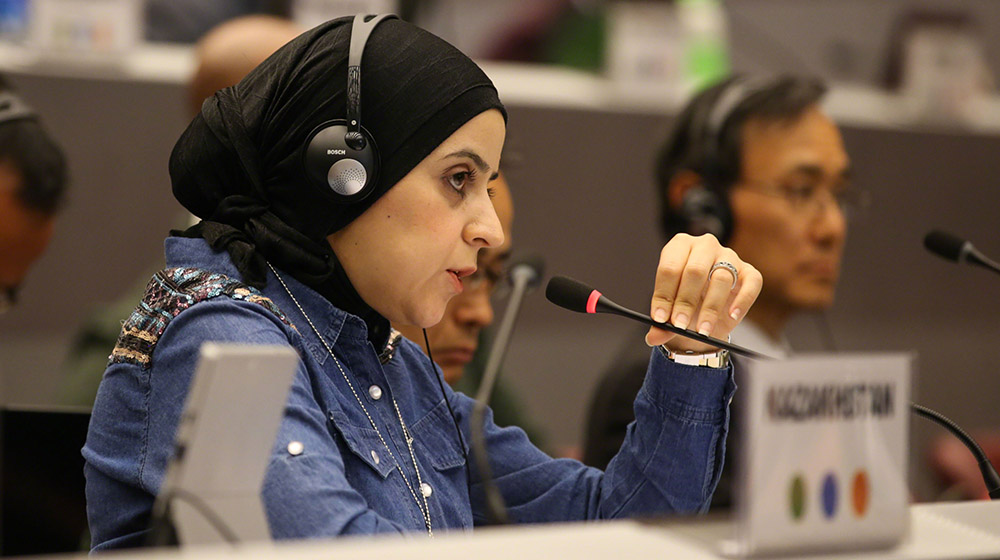
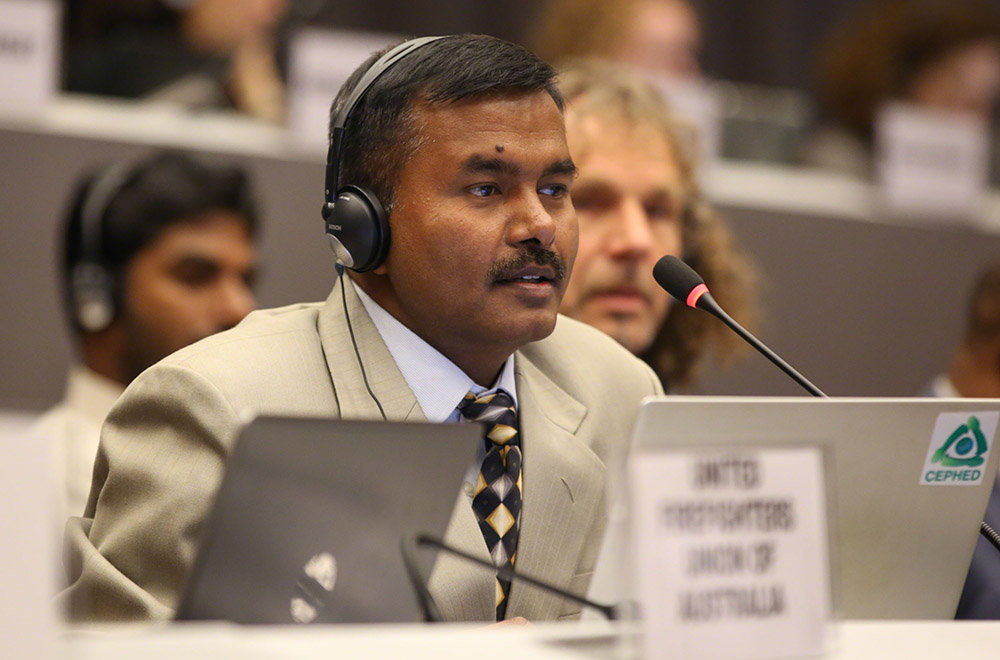
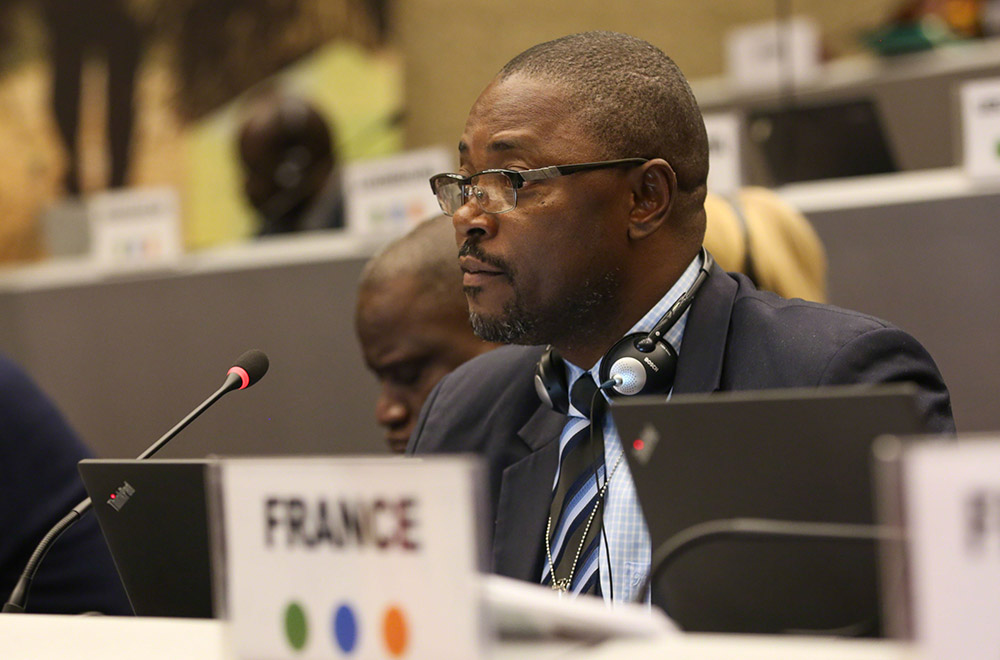
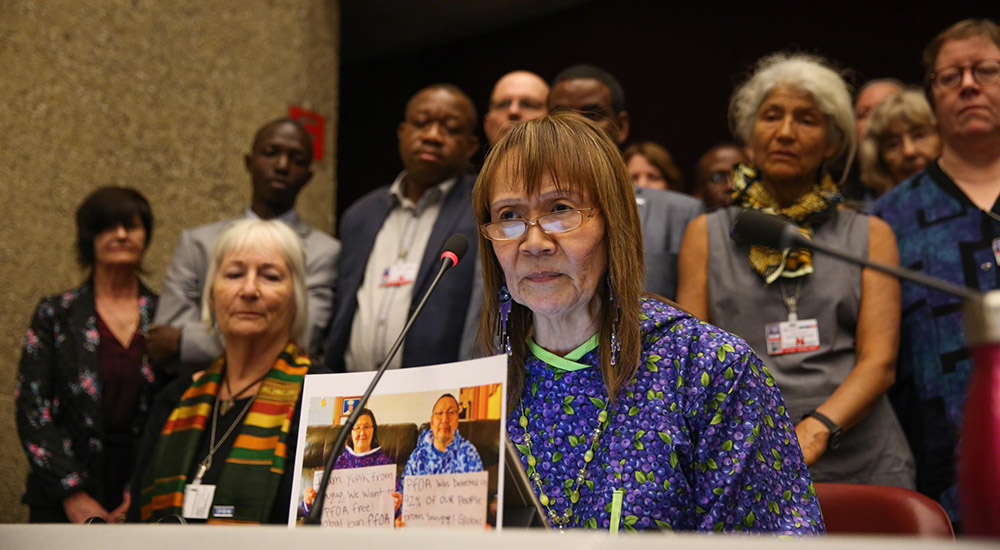
Contact Groups
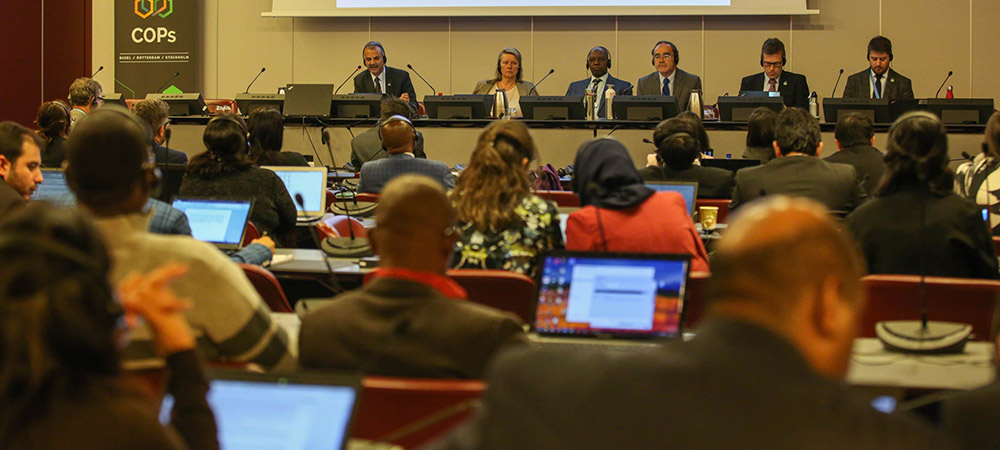
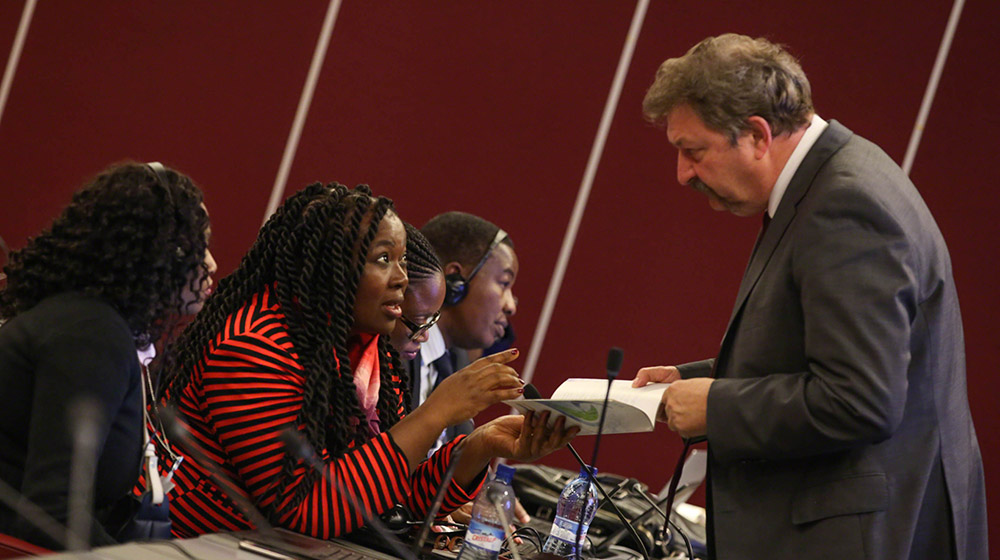
Opening of the Information Fair
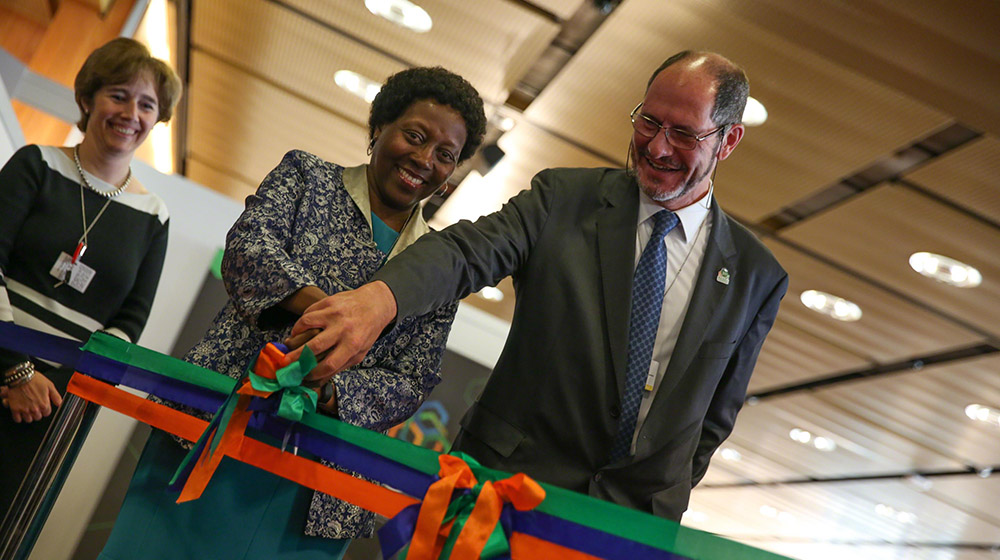
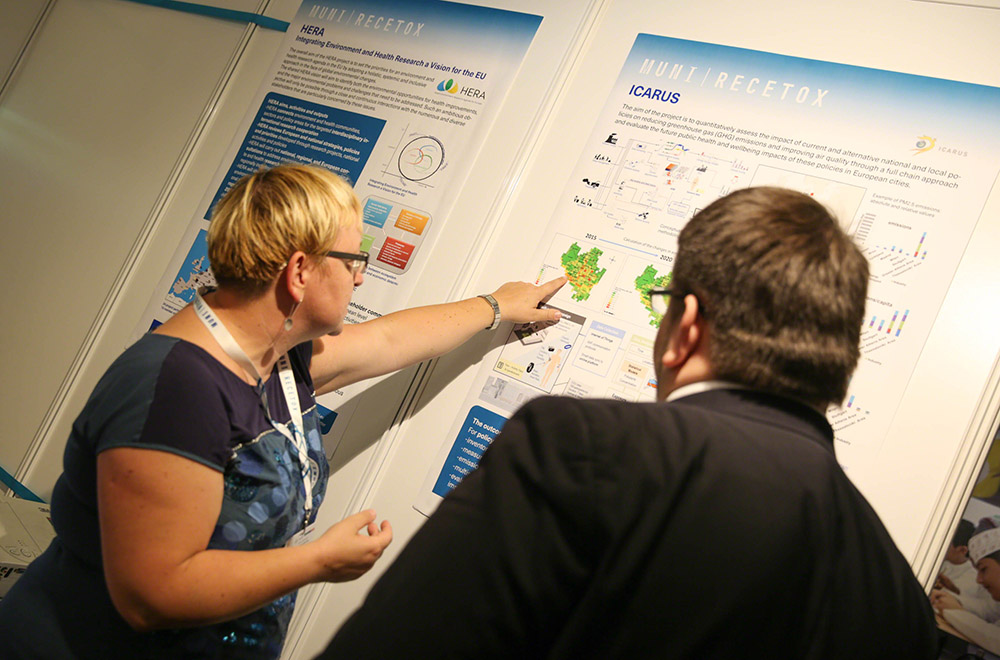
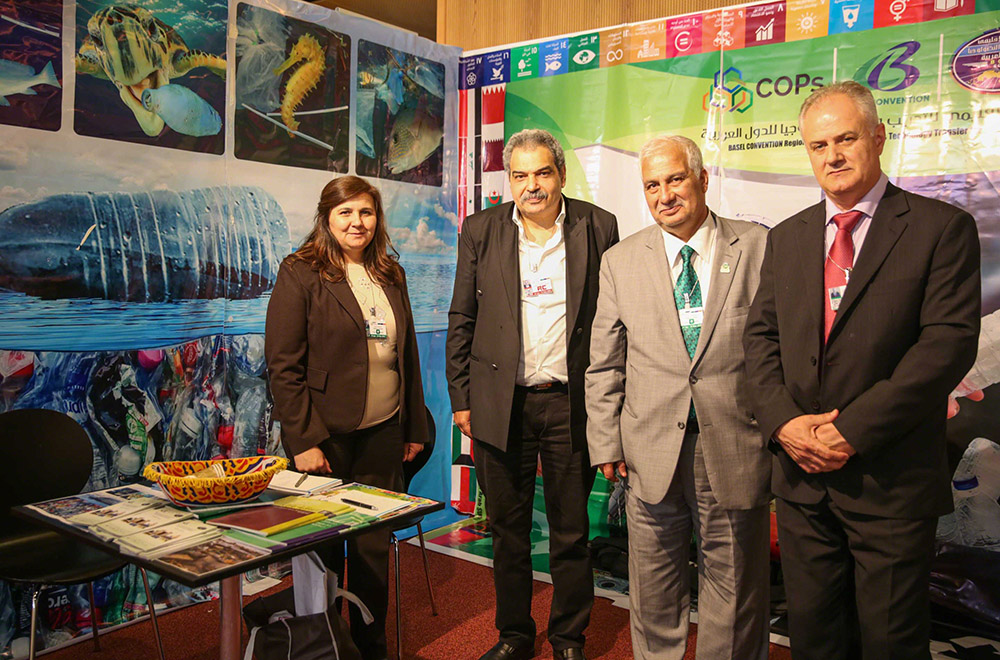
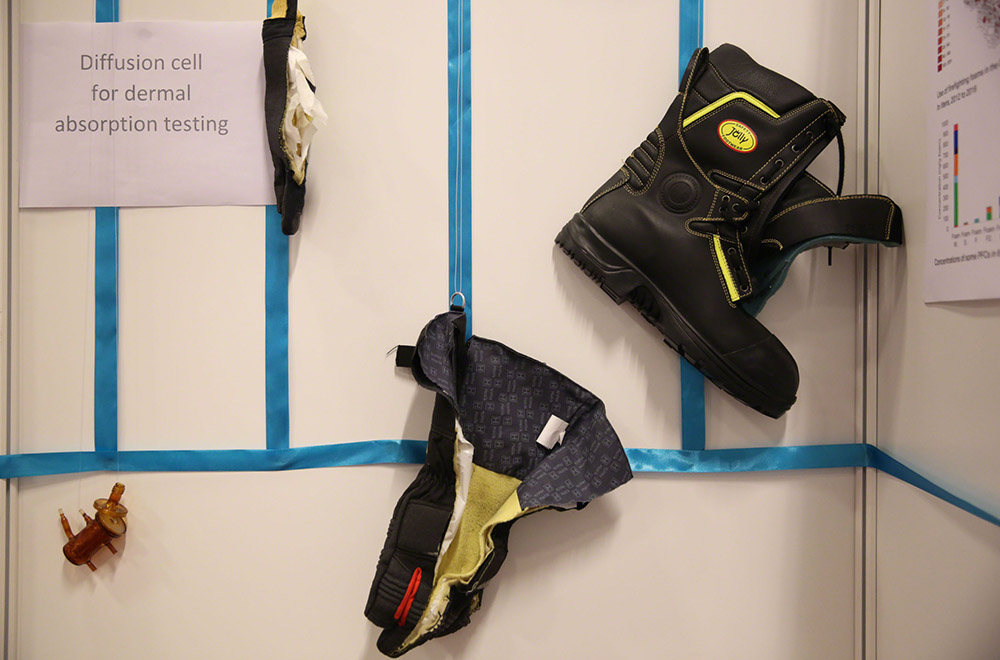
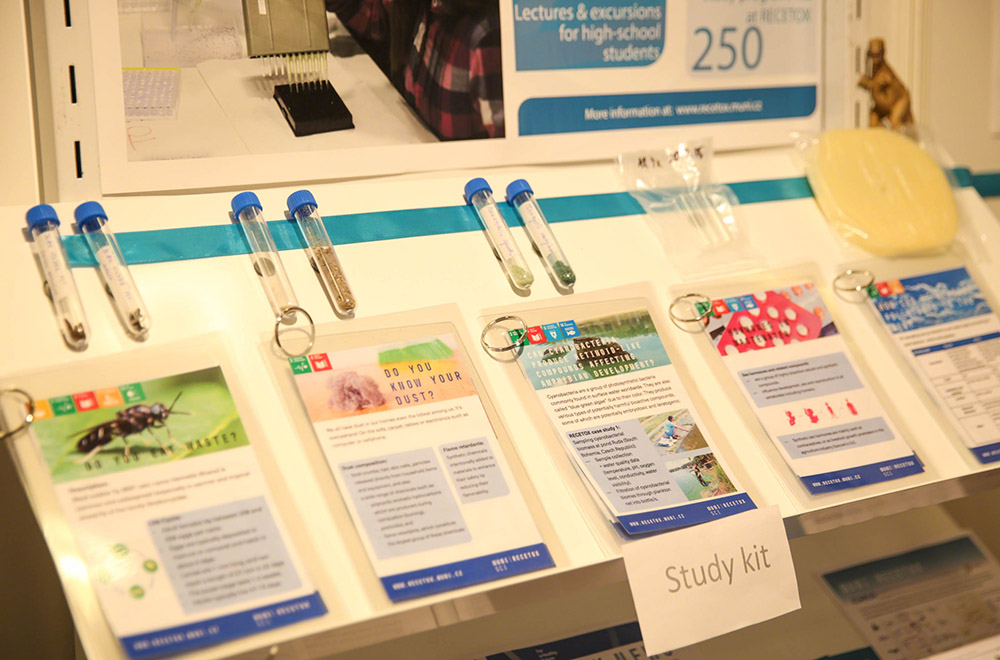
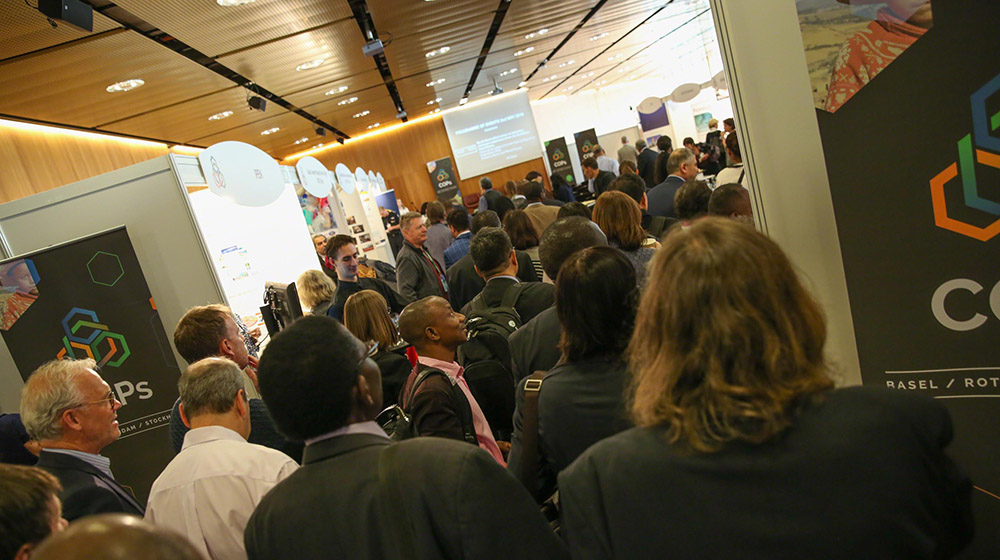
Around the Venue
